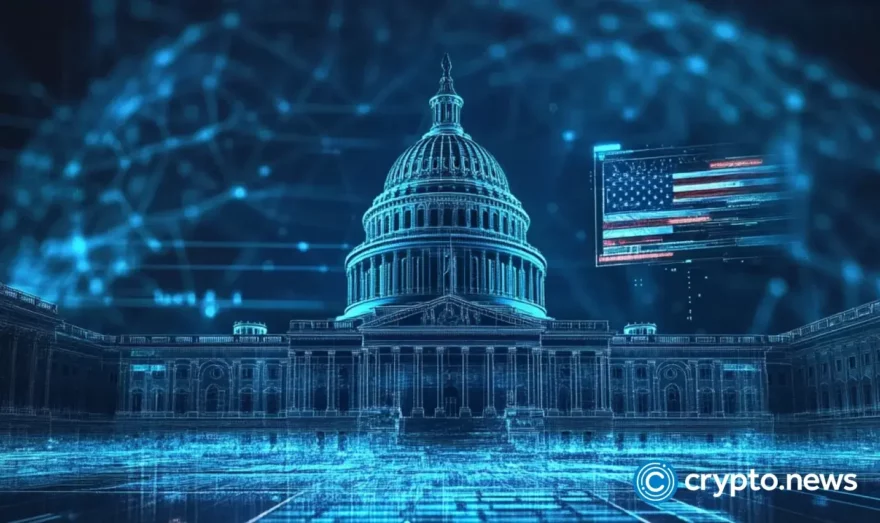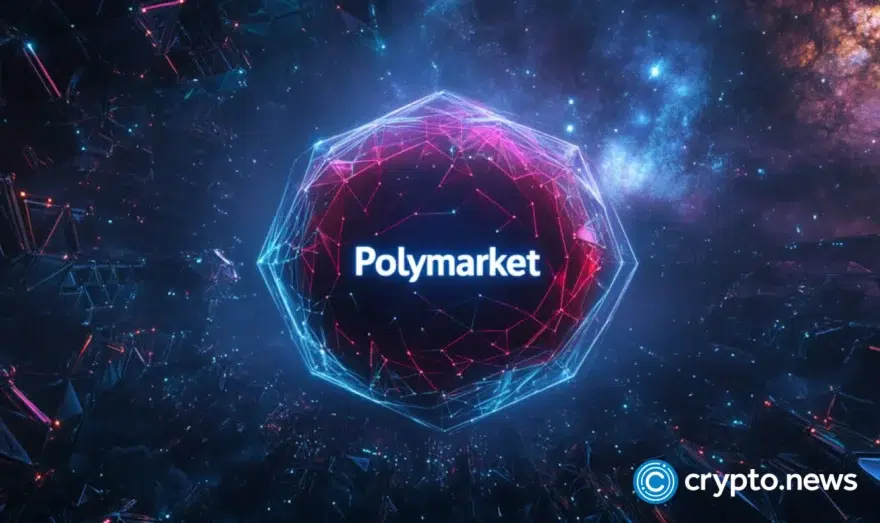Circle confident in USDC’s future amid US banking crisis

USDC issuer Circle remains bullish about its future prospects despite recent liquidity challenges triggered by the collapse of Silicon Valley Bank.
Despite facing significant redemptions amidst the US regional banking crisis in March 2023, driven by fear and uncertainty surrounding Circle’s reserves held at Silicon Valley Bank, the company swiftly transferred its SVB funds to Bank of New York Mellon, mitigating potential risks.
Jeremy Allaire, CEO of Circle, is confident the company will gain a competitive edge once a clear regulatory framework is established in the US.
The current landscape is marked by US lawmakers striving to categorize cryptocurrencies as securities or commodities through a draft proposal. The absence of comprehensive regulations has created an unfavorable environment for the crypto market ecosystem.
Recent legal actions against major players like Binance and Coinbase have raised concerns about potential bias exhibited by US regulators, particularly the Securities and Exchange Commission (SEC), against non-US crypto businesses.
Consequently, speculation has been rife that USDC, as a stablecoin, may receive preferential treatment from the US government compared to its primary counterpart, Tether (USDT).
Allaire emphasizes that Circle’s unwavering compliance with financial regulations will ultimately give USDC a competitive advantage.
Discussing a recently proposed stablecoin bill in the US House of Representatives, the Circle CEO stated,
“With a bill like this, we’ll end up doing more business with banks than we currently do.”
Jeremy Allaire, CEO of Circle
Allaire believes that as banks may not be licensed to operate in the digital assets industry, USDC could be a direct competitor to traditional US banks.
Circle’s regulatory journey in other jurisdictions
Circle’s commitment to regulatory compliance has been evident since its establishment in 2013. The company has obtained in-principle approval as a major payment institution license holder in Singapore and is regulated as a licensed money transmitter in 48 jurisdictions across the US.
As reported by crypto.news on June 7, the Monetary Authority of Singapore (MAS) granted Circle’s Singapore division a Major Payment Institution (MPI) license, further solidifying its regulatory standing.
Furthermore, pending approval, Circle has recently applied for a French license, aiming to be recognized as an electronic money institution and a digital asset service provider.
Circle’s strategic maneuvers amidst the ongoing banking crisis exemplify its proactive approach to safeguarding its position in the market. By positioning USDC as a stablecoin that adheres to financial regulations, Circle aims to carve out a significant market share.

















